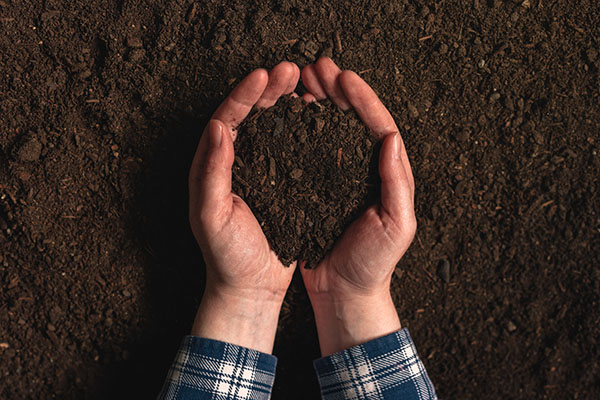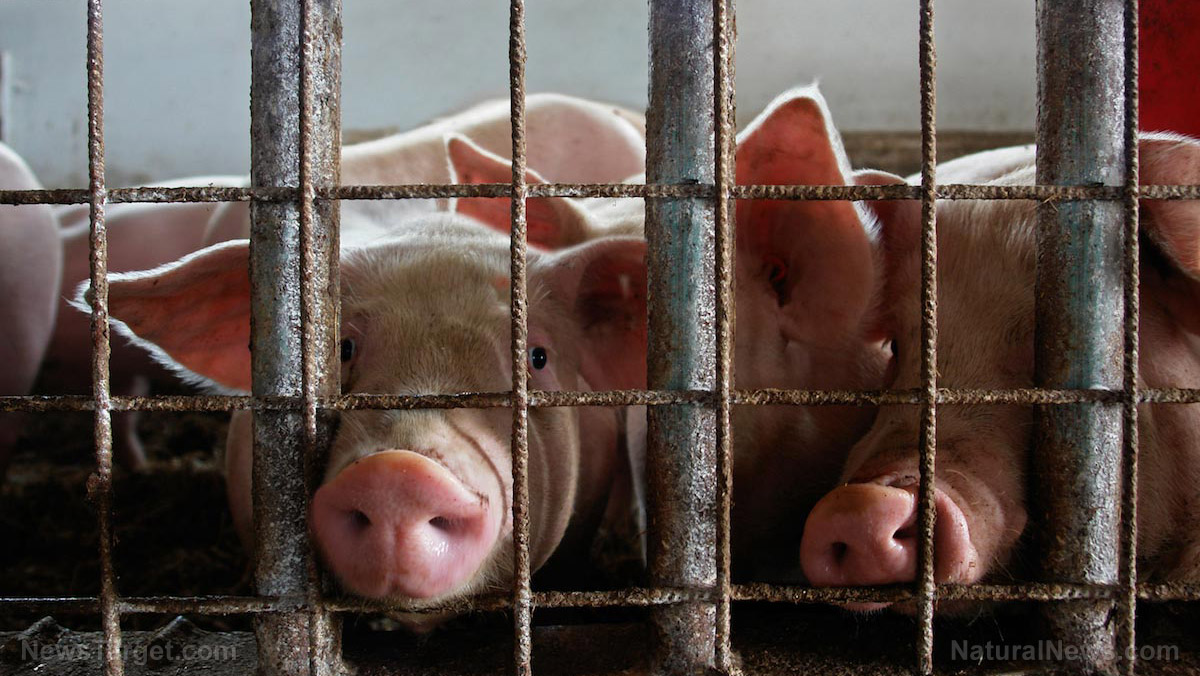
The potash supply crunch is likely to continue despite efforts to jack up its production worldwide due to concerns over food security this year.
Brazil Potash, a mining company engaged in the extraction of the major fertilizer component in the Amazon region, made this assessment even as it tries to help meet industry demand. According to Brazil Potash CEO Matt Simpson, protectionism from some countries led to tightening fertilizer supplies last year, affecting the food supply that is likely to remain unstable early this year.
Russia's protracted special military operation in Ukraine has compounded the delicate fertilizer situation, with about 42 percent of the global potash market impacted by it thus far.
"While potash from Russia is quietly making its way out to markets, only about 30 percent of prior volumes are making its way out of landlocked Belarus," Simpson said. "When the war started, potash prices for delivery in Brazil – one of the world's most important agricultural export markets – quadrupled to the $1,200 per tonne level."
It was a temporary spike, of course, and prices have settled down to about $500 per tonne.
Still, Simpson believes the prevailing price is unlikely to bring relief to the growing food shortage due to rising inflation and lack of fertilizers. He also noted that with the ongoing armed conflict in Russia impacting Belarus, the more than 15 million tonnes of projected new production would probably not happen.
The Russia-Ukraine conflict is a serious threat to billions of people, according to Health Ranger Mike Adams. (Related: Russia-Ukraine conflict hits global fertilizer supply, threatens food security for billions of people.)
"About four billion people are only alive today because of hydrocarbon-based fertilizers," explained Adams. "Russia produces a massive amount of fertilizer for the world, and Belarus also produces a tremendous amount of potash. If you cut off the thing that feeds four billion people, what happens to them?"
There would be widespread starvation and chronic malnutrition, of course.
The effect of the stalled supply increase would be felt worldwide as Russia and Belarus happen to be the next two largest producers of potash in the world after Canada.
Brazil's potash deposit could cover global demand for decades
Together, Russia and Belarus account for about 40 percent of the global market and 47 percent of Brazil's potash needs. Although Brazil is the second-largest consumer of potash in the world, 96 percent of it is imported. The country recently saw a 20 percent cut in potash supply, which could cause a 14 percent drop in crop yields.
Under these circumstances, Simpson thinks the fertilizer market will remain tighter for a longer period and render the global food situation vulnerable to sudden movements in supply and prices.
This is when Brazil Potash could enter the picture and be the stabilizer through its Autazes Potash Project near Manaus in the northern Amazonas state. Autazes aims to produce 2.4 million tonnes per annum of granular potash, which will supply approximately 20 percent of the Brazilian agribusiness needs using an environmentally friendly method of extracting the crop nutrient potassium chloride from the ground.
Brazil actually holds 4.5 billion tonnes of potash deposit. When fully tapped, this would be enough to cover global demand for decades.
For now, however, it has to bear with the potash shortage and search for supply elsewhere as there is no sign the Russia-Ukraine conflict will be resolved soon.
Visit FoodSupply.news for more news about events that affect the global food supply.
Watch the video below to learn about real-life situations that prove fertilizer shortages persist in many areas.
This video is from the Buzz Behind the Veil channel on Brighteon.com.
More related stories:
Fertilizer costs driving up food prices, threatening food security worldwide.
Shortage of key fertilizer ingredient threatens Aussie food supply chain.
Sources include:
Please contact us for more information.














